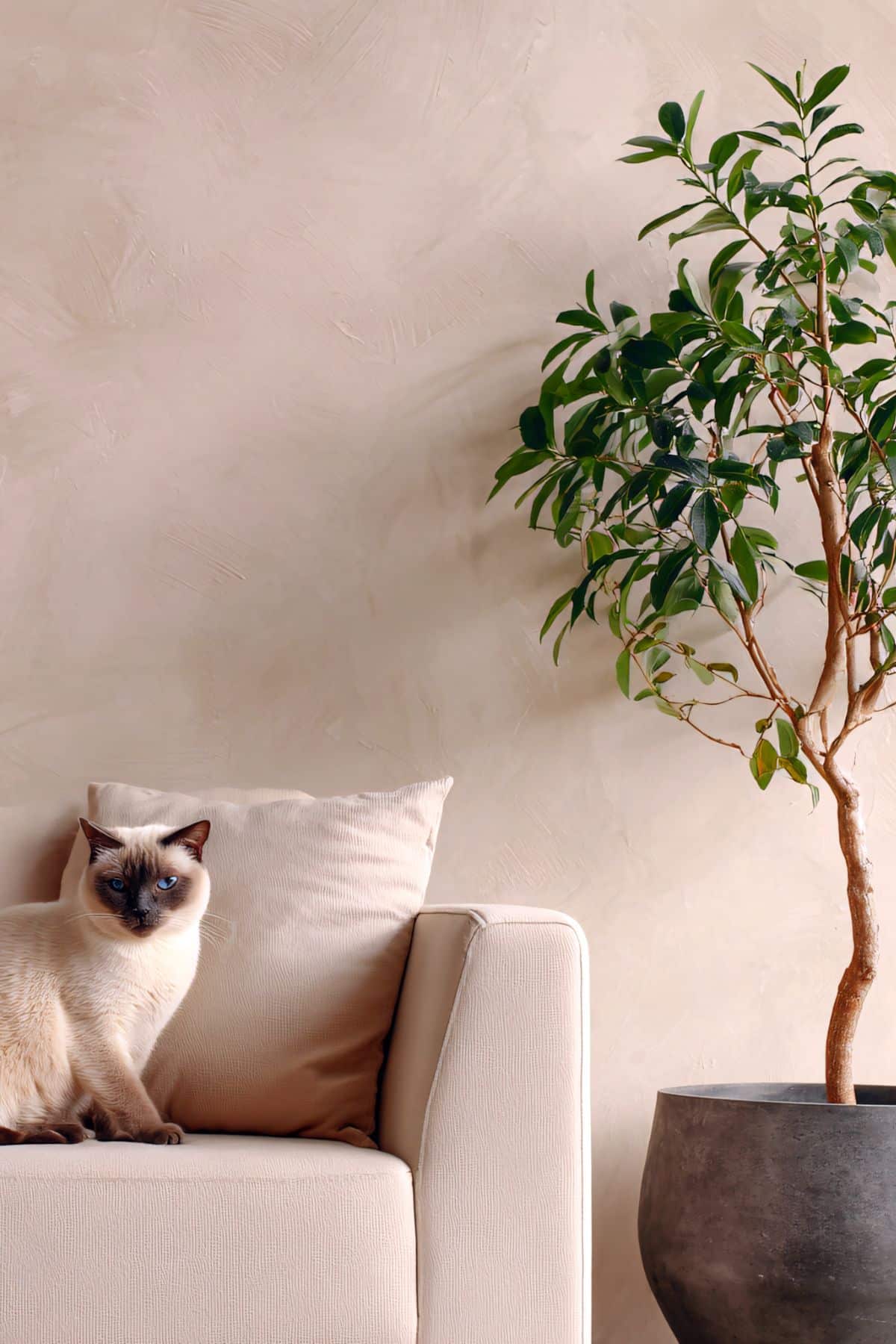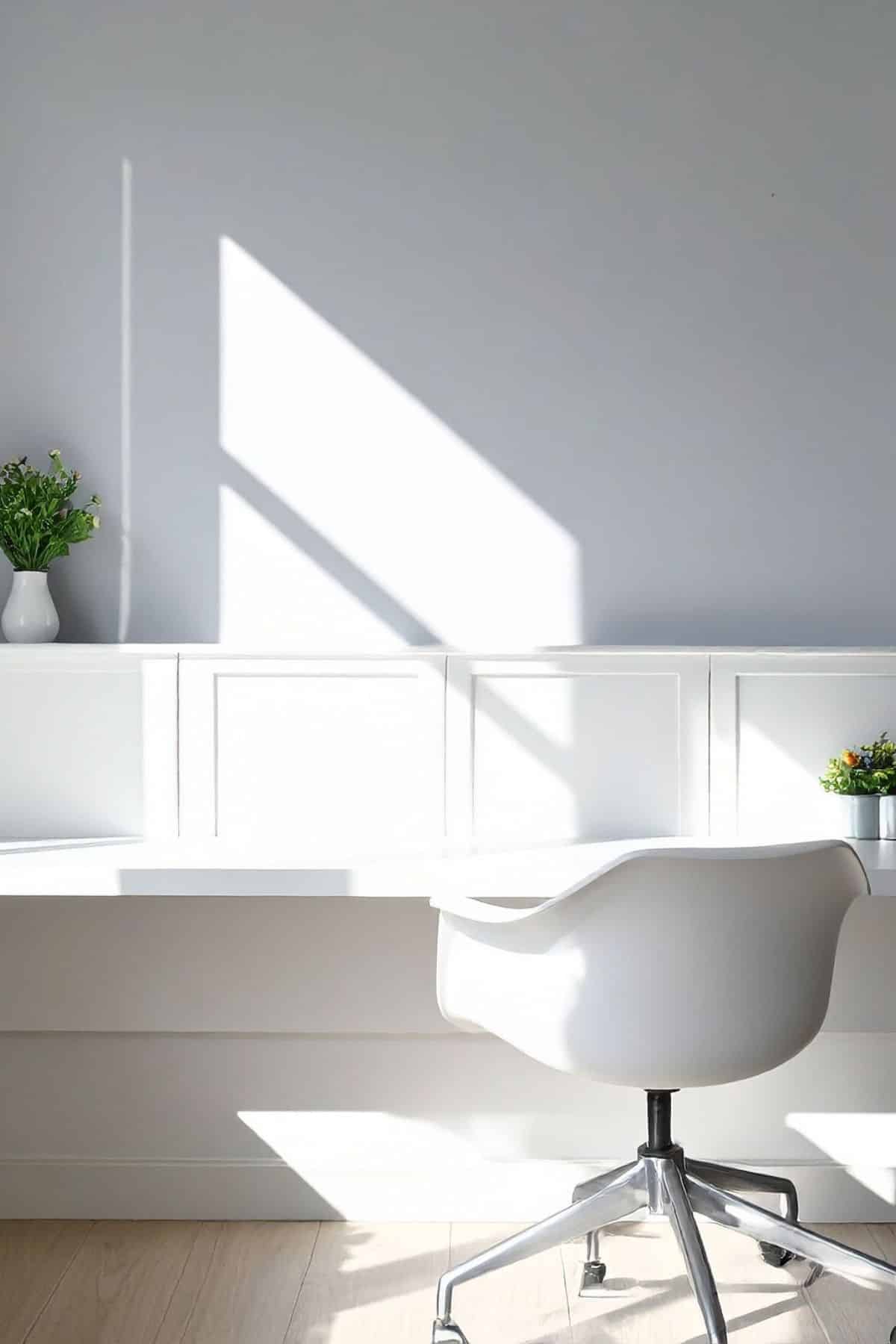
More than ever, our homes are self-retreats and personal sanctuaries, where we unwind and reconnect with what really matters.
While the concept of a calm home is not new, the ways we create tranquillity indoors have incorporated design, contemporary lifestyle, and even subtle home tech. Home spaces are transcending mere beauty to achieve balance, relaxation, and profound comfort.
Creating a calm and connected home is not about stuffing your space with gadgets but rather, the quiet ease of thoughtful living and the construction of a positive emotional environment.
Inclusive of all the tech, a home is most relaxing when it is simple. A room is most destabilised when it is cluttered, and if too many objects compete for your attention, the space will lose its calm. A relaxed home is primarily and fundamentally about simplicity.
Creating Calm Through Colours
A soft, neutral hue palette calms visual noise. Whites, taupes, warm greys, and mildly clay-like tones form an ambience that doesn’t overstimulate the senses. To bring in texture, incorporate linen, oak, wool, stone, and ceramics. They introduce subdued character without overwhelming the space.
Hidden storage provides significant design serenity as well. With built-in cabinetry, wall-mounted media units, and storage benches, it is possible to systematise daily life and remove clutter that triggers stress.

Creating Calm Through Light
Among other things, lighting provides the mood. Bright, cool light energises, while warm, low light aids in relaxation. To achieve the most soothing home atmosphere, the lighting should be layered to change throughout the day with complete lighting control.
The morning lighting should be crisp and refreshing. Open the blinds to welcome natural light, and if needed, brighter overhead lighting. By late afternoon, use side lamps or wall sconces to create warm light and soft lighting to focus. In the evening, dimmed lights with amber tones invite the nervous system to slow. This signals the brain to unwind.
Making intelligent lighting control is the first step. With preset lighting scenes, a home can transform from bright and active to soft and relaxing with a simple click. Think of a button that says, “Relax”. With a click, the lights slowly fade to a soft, warm glow, and the room changes to a soothing atmosphere. This is smart control lighting at its finest.
Very little technology is more disruptive than a mess of cables and blinking lights. Unsightly remote controls, tangled cables, and multiple gadgets can all contribute to a sense of chaos. Contrary to the loud, intrusive, and irritating technology that many people seem to use, the most soothing and calming homes use the technology that people do not notice. Hidden, integrated systems that support your lifestyle quietly and without commotion are the hallmark of smart technology.
Instead of bulky, ugly, and disruptive speakers that detract from the beautiful homes, there are built-in ceiling speakers. More modern technology allows TVs to be recessed into walls and integrated into the décor and cabinetry of a room. The most important aspect of modern technology and décor is that all of the multifunctional technology and décor can be integrated into a home and controlled from a single elegant remote control, on the wall or on your phone.
The goal with modern design is not to add more devices. It’s to remove visual noise and friction to allow life at home to flow effortlessly.

Creating Relaxation in the Home
A calming space is one aligned with your rhythms. Each day has a different flow, and small, consistent practices can help you anchor in.
Imagine waking up as the sunrise hits your cheeks and the blinds rise with the light. The home warms and light, calming, breakfast-time music is playing. Later, as you wind down, a single tap can lower the blinds, dim the lights, and set a calming, evergreen playlist for the evening. Nothing is forced. Everything just flows.
These do not need advanced tech, but there are advancements available.
The Emotional Impact of Sound
Sound can be more powerful than visuals. A calming home does not need to be a quiet home. A calm space is a thoughtfully sound environment.
Gentle music can set a tone. A light acoustic set can warm a Sunday morning. Evening jazz can make a dinner feel more complete. White noise is a tool to add focus. Meditation with sound can become disruptive. Relaxation is easy with a whole-home audio system that will allow you to provide sound to any space.
Smart audio systems provide high-quality sound throughout the home without the clutter of trailing cables and portable speakers. You simply select your desired audio and the location. Silence can be peaceful, and sound can enhance the design of your space.
Comfort is Emotional and Practical
Home automation should provide convenience, not frustration. Genuine comfort involves emotional and practical relief.
Consider the home irritants that increase your stress, such as cold rooms, multiple remotes and cluttered switches, lights left on or burning, worry about locked doors, and the like. A stress-free home solves these issues.
Well-designed control systems provide the convenience of:
- Arriving home to a gently lit hallway without touching a switch.
- Heating only the rooms you’re using.
- Locking your doors from your phone if you forgot,
- Turning off every light in the house with one tap at bedtime,
- Creating cosy movie nights instantly with preset entertainment scenes.
These features provide practical comfort and support your everyday activities. It is not luxury for show.
The Value of Home Integration
Initially, homes might add a few smart devices, like a smart speaker or plug, to a specific room. In time, these features can feel a bit disconnected. In contrast, professional integration unifies everything into one calm, cohesive arrangement.
In contrast to DIY projects, professionally integrated smart homes unite disparate systems, such as lighting, audio, heating, window blinds, and even security, into a seamless experience. For a ballpark figure, see this article about smart home costs.
A calm and connected home is not about technology or luxury. It is about intent. It is about constructing a space to provide you more pressure, peace, more clarity and silence, and a multitude of other positive feelings.
In any situation, when you’re renovating, decorating, or even just trying to freshen up a room, always ask one question, “Does this choice help me feel at home, within my home?”
If so, you’re well on your way.
